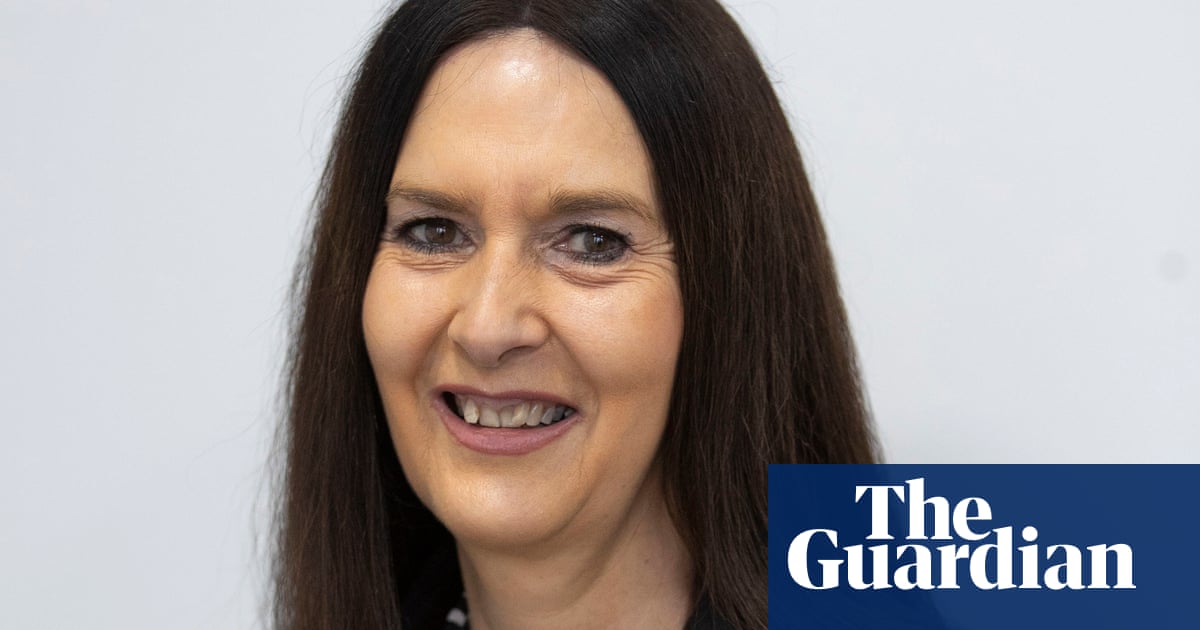
Schoolchildren and their parents should be next in line for Covid-19 tests after the NHS and social care, the UK justice secretary, Robert Buckland, has suggested, as he admitted the government was facing “real challenges” in its testing programme.
Buckland’s comments came as a member of the government’s Scientific Advisory Group for Emergencies (Sage), said ministers would need to “dramatically” increase coronavirus testing to cope with demand during winter.
The health secretary, Matt Hancock, said on Tuesday that problems with the system could take weeks to resolve as he announced, in effect, rationing of tests with priority for acute clinical care followed by social care.
Prof Andrew Hayward, the director of University College London’s institute of epidemiology and health, told BBC Radio 4’s Today programme: “The background to this of course is that we would expect the demand and the capacity to need to rise quite rapidly over the autumn and winter as the number of people who develop symptoms that could be Covid increase.
“Some of our research has shown that at least in the winter, you would expect about half a million people a day to develop symptoms that are typical of Covid – and that would be in a winter when there was no Covid – so you can see that the capacity requirements will have to increase dramatically if we are going to keep up.”
Downing Street faces renewed pressure over its handling of the crisis, amid widespread complaints that people have been unable to access tests – with some even turning up at A&E in a desperate bid to be tested.
Buckland told Sky News on Wednesday: “I think that as the schools have come back, as families have tried to get back to normal with work and childcare, the complications of life really make things much more challenging.
“… I think that, frankly, we have worked so hard to scale up capacity – we’re still not there – but the rate of increase is remarkable. It’s now outstripping other European countries.”
He added: “Lab capacity … has been an issue. We’re working our way through that, we’re increasing the number of test centres – we’ve got 400 test centres, getting it up to 500 – but clearly there are still real challenges.”
He continued: “I think the announcement by Matt Hancock yesterday to create a prioritisation system is the right thing to do. He’s going to develop that very quickly over the next few days, to explain to us what that looks like but I think … it has to be the NHS first and then social care.
“And then I think what we need to do is have a cascading system where we know where our priority should be and, for me, priority should be for children in school and their parents in order to make sure that their lives are safe and also, importantly, they are not disrupted in the way we are seeing.”
In the Commons on Tuesday, Hancock was accused by the shadow health secretary, Jonathan Ashworth, of “losing control” of attempts to stem the rising tide of Covid-19.
Hancock explained that there had been a “sharp rise” in demand and said there were “operational challenges” in the testing system – admitting problems could take weeks to resolve. He said tests would be prioritised, describing acute clinical care as “top priority”, followed by social care. He indicated the government “will set out in full an updated prioritisation”.
On Tuesday, the Guardian disclosed how Covid tests from hospitals were being deployed for use in the community to plug holes in the system. In Rochdale, one of the worst-hit parts of the country, people with Covid symptoms have been turning up at A&E and calling 111 desperately seeking tests, the council’s chief executive said.
Meanwhile, in Bolton – confirmed to have one of the highest infection rates in Europe outside of Spain after a sharp rise in cases – the chair of the local NHS foundation trust also reported a “very busy” emergency department “as poorly people unable to get a test come to us for help”.












